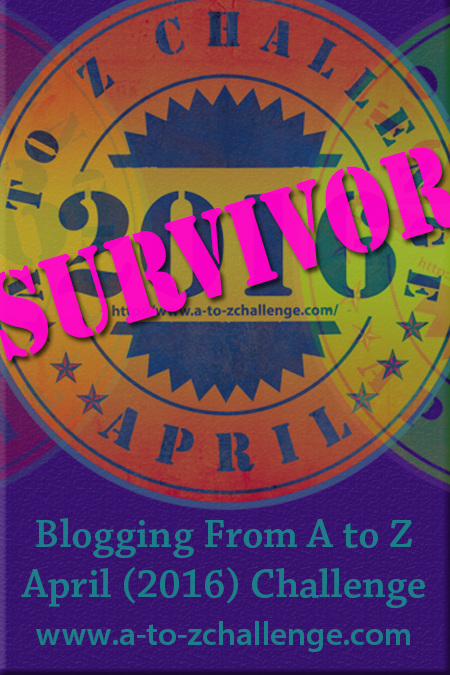British Columbia
Destinations
Destination: Kynoch Inlet, Fiordland
Tuesday, September 30, 2014TheCambrians |
| Kynoch Inlet, Fiordland Recreational Area. |
Disclaimer: This blog article is not to be
used for navigation. It is solely an
account of our personal experience and anchor location in Kynoch Inlet during
calm weather conditions. What worked for
us at one particular time is no guarantee or indication that it will work for
others. There are no services and any
boat that enters should be self-sufficient.
The Central Coast of British
Columbia,
from Cape Caution McInnis Island
Like its counterpart, Mussel Inlet,
Kynoch has limited anchoring possibilities.
But it does have plenty to offer the visiting boat, starting with Kynoch Falls
 |
| Cambria approaching Kynoch Falls. |
The inlet itself is only 10
nautical miles long, but they’re packed with spectacular scenery – some of the
best along this section of the coast. The channel is narrow and everything
seems to close in around you. The
shoreline disappears into the sea along vertical granite walls. Snow-covered ranges reach heights above 1,000
metres (3,300 feet) and dramatic glacial bowls peak out between the layers of
mountains and granite domes. It truly
has to be seen to be believed.
 |
| Granite domes mark the entrance to Debrisay Bay in Kynoch Inlet. |
 |
| Salubrious is dwarfed by a glacial bowl. |
Arriving at the head of Kynoch Inlet can be somewhat of a disappointment
– the journey seems to be over. But it’s
not. Because on the other side of the rapids
that protect its entrance lies Culpepper Lagoon, one of the most beautiful sections
of Fiordland.
The entrance into Culpepper Lagoon is not charted and we have NOT
gone in Cambria , only our
dinghy. So, we don’t have any first-hand
information to share. What we can pass
on is what we’ve learned from other people:
- You should NOT anchor in the northern corner near the entrance to the lagoon because the current is too strong.
- Fog can make early morning departures difficult.
- If you chose to leave at any time other than slack tide, you will get pushed around and have one heck of a ride (actually, we saw that one first hand).
- Grizzly bears roam the shoreline at the head of the lagoon at low tide.
- It can be difficult to find a place to anchor, especially if another boat is already in the lagoon.
 |
| The entrance to Culpepper Lagoon at low water slack. |
There are no current predictions for Culpepper Lagoon
itself but, from our experience, the times listed for Hiekish Narrows
For
more information on entering the lagoon in your vessel, consult the Douglass
book, “Exploring the North Coast of British Columbia”.
 |
| The head of Culpepper Lagoon. |
 |
| A glacial-capped mountain in Culpepper Lagoon. |









0 comments